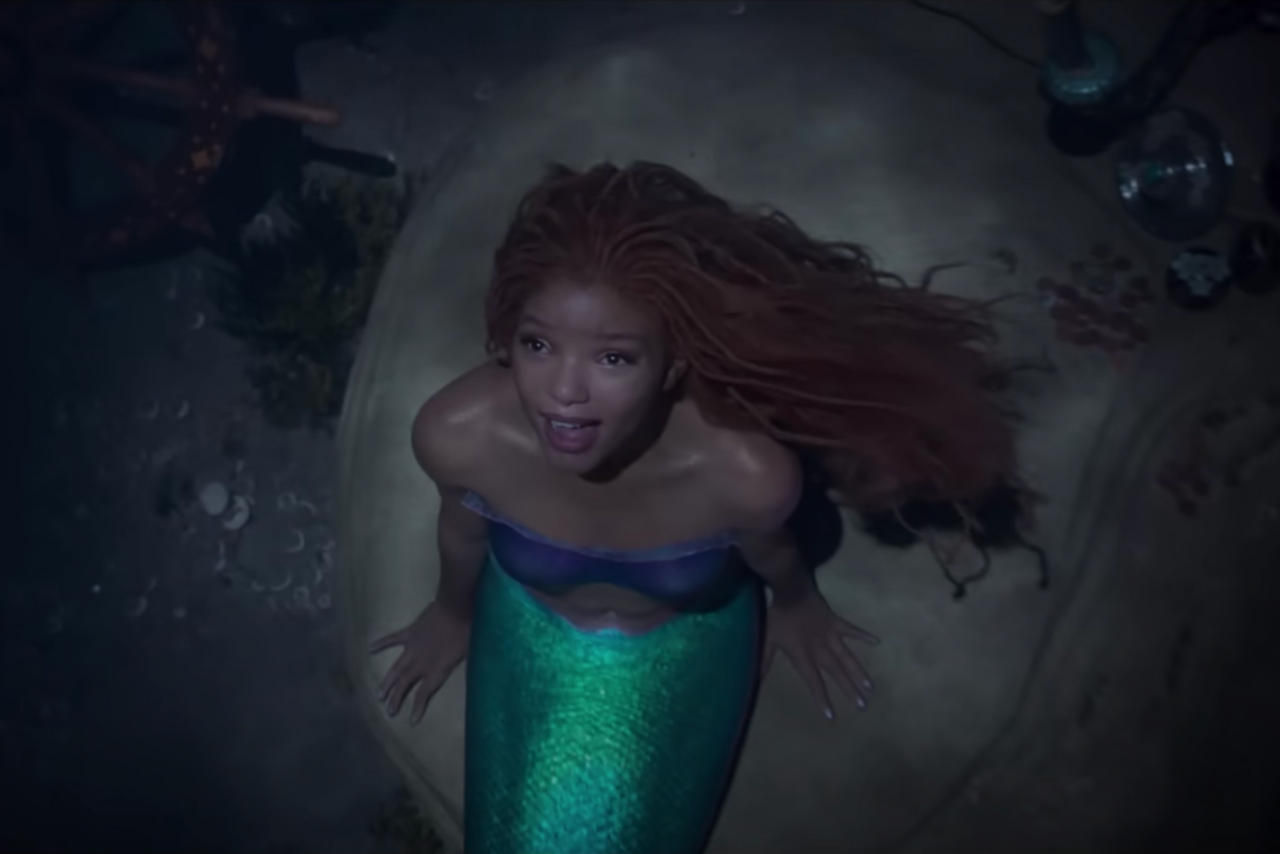I didn’t think I would ever defend the film “Pinocchio” (1940). I haven’t seen it since I was a kid and I remember some terrifying scenes that prevent me from returning to it anytime soon. My personal feelings aside, I cannot contest the film’s influence on the Disney canon as a whole.
“When You Wish Upon A Star” is unquestionably synonymous with Disney iconography. As the computer-generated spires soar into view, the orchestra swells and the familiar logo fades in the viewer knows exactly what they are getting. The marriage of imagery and music plunges them into a comforting world. This is how Disney holds its audience and why there’s no real concern about how to keep their attention.
But as of the last decade, the company has embarked on a massive experiment as if there is worry about losing its audience. In the same way one might commit to re-watching a whole TV series, they are revisiting what seems to be every major animated hit and adapting them for live-action.
When revisiting content, you pick up little details that were missed the first time around. The viewing experience is enriched because the focus shifts away from learning the plot and turns to nuance instead. It becomes more than entertainment: it’s a learning process.
Disney isn’t learning from itself, though. Take their most recent example, “Pinocchio” (2022). The film strips away the disturbing elements of its predecessor and fills the remaining space with terrible jokes, jarring visuals and Tom Hanks in a role he was overqualified to play. The message in the original film is about good deeds and growing as a person but in the remake, none of that is relayed in a coherent way. So if the moral of the story is lost, what’s left?
Because children are not watching from any critical perspective, flimsy storytelling can ensue without consequence. The new film will be forgotten, especially as more remakes accumulate in the Disney+ arsenal. Its poor performance however is unlikely to be a unique occurrence.
Why so many?
The remakes seem to serve different purposes: they showcase the latest CGI technology, provide untold perspectives from non-main characters, such as villain origin stories, compensate for previously whitewashed or Americanized depictions of non-western cultures, and lastly, nostalgia.
That last category is the most distinct. Not long after “Pinocchio” came to theaters did Disney follow up with introducing its remake of 1989’s “The Little Mermaid.” The film will not even be released until May 2023 but a single trailer has already attracted substantial buzz online.
I would like to make a bold suggestion: make an original character so it doesn’t feel forced. This is not to argue that Ariel must be white. This is to argue that Disney seems to prefer giving diverse updates to famous white characters rather than primarily writing diverse characters to begin with.
It’s wonderful to see TikTok reactions of little Black girls seeing themselves represented onscreen. They also deserve characters organically written to tell their stories. Tokenism shouldn’t be confused with inclusivity.
What’s next? (everything)
It seems unlikely that Disney will put the brakes on this remake craze. In fact, an online search for upcoming projects reveals these remakes will be a long-term fixture in the movie market. There will always be an audience for these films, regardless of how much box-office revenue or how many streams the remakes generate. But what happens when there’s nothing left to adapt? Will Disney prioritize creating over repackaging? Maybe we’ll find out in another decade.



